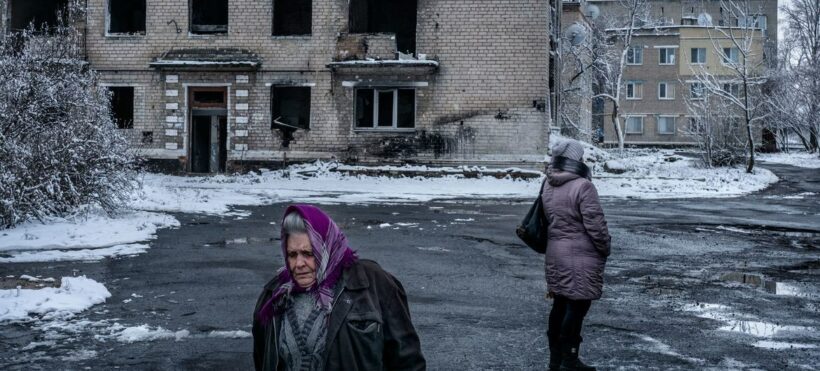The International Court of Justice (ICJ) ruled on Wednesday that Russia had violated global anti-terrorism and anti-racial discrimination treaties, but rejected most of the charges Kyiv brought against Moscow stemming from its 2014 annexation of parts of Ukraine.
The 117-page judgement contained rulings on seven matters in Ukraine’s case against Russia. Part of the case claimed that Moscow was funding pro-Russian separatists in the Luhansk and Donetsk regions.
The court found that Russia, “by failing to take measures to investigate facts contained in information received from Ukraine regarding persons who have allegedly committed an offence set forth in article 2 of the International Convention for the Suppression of the Financing of Terrorism”, has violated its obligation under article 9 of the treaty.
In terms of Russia’s actions in Crimea after 2014, the world court decided that Russia violated the Convention to Eliminate Racial Discrimination in the way it implemented its educational system related to curricula in the Ukrainian language.
The ICJ also ruled that Russia violated its obligation under the court’s order for provisional measures issued in April 2017, including to refrain from any action that might aggravate the dispute or make it more difficult to resolve.
The world court rejected the rest of Ukraine’s related charges, including requests for compensation from Moscow for damages.
Read a summary of the judgement here.
New ICJ judgement expected Friday
On Friday, the ICJ is expected to issue a judgement on the preliminary objections raised by Russia on whether or note the court has jurisdiction in Ukraine’s case against it related to allegations of genocide.
Kyiv had filed the case two days after Russia’s full-scale invasion began on 24 February 2022.
While the court’s judgements are final, without opportunities for appeal, it is unable to enforce its decisions.
Learn more about what the ICJ does and why it matters in our explainer here.






